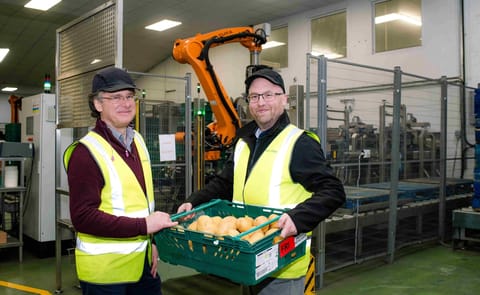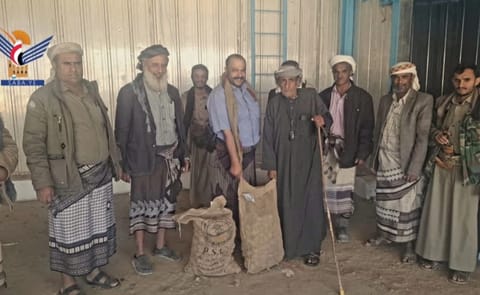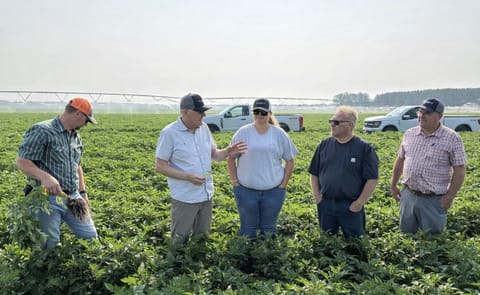Georgia Potato Forum looks forward with optimism
Solapas principales
Georgia Potato Forum looks forward with optimism

Called the “Georgia Potato Forum,” the meeting focused on ways to develop value chains to improve market opportunities for farmers while providing markets and consumers with higher-quality potatoes. The Forum was the first in a series that will continue into 2021 and was sponsored by the United States Agency for International Development (USAID) and the Austrian Development Agency (ADA).
Peter Wiebler, the USAID Mission Director for Georgia welcome the guests and panelists to Forum, reviewing his agency’s goals for their involvement in the country.
Peter Wiebler:
"We are here to help Georgia become more self-reliant by planning and developing solutions to its own challenges, starting with the agriculture sector. [Improving the potato sector] will provide households with more high-quality food and the higher revenues will bolster long-term economic growth."
"We know we can accomplish these goals with high-quality varieties from the International Potato Center (CIP) and by making market connections with private sector representatives here today."
Iuri Nozadze, the Deputy Minister in the Ministry of Environmental Protection and Agriculture, thanked USAID and ADA for their investment and noted the important work that was underway in re-training farmers and extension specialists in new farming practices that would enable higher yields but with lower impact on that environment.
Samarendu Mohanty, CIP’s Regional Director for Asia, offered the third and final welcome to the Forum with great optimism, citing CIP’s success in India with apical rooted cuttings to improve seed quality for farmers, which would strengthen future harvests.
Samarendu Mohanty:
"When farmers become self-sufficient with producing their own seed, the benefits are two-fold. They save money because they do not need to buy seed and they produce higher yields."
Known in Georgia as "second bread," potato has more than commercial promise in Georgia, said Ian Barker, the Program Director of Global Potato Agrifood Systems at CIP.
Potato is the world’s third most important crop. Its high water efficiency and short growing cycle make it a “good friend” to farmers who wish to grow an extra round of crops in between cereal harvests. As a result, potato cultivation has grown from 20 million tons to 200 million tons in Asia since the 1960s and more growth is possible with proper investment in irrigation, processing, and market development.
Ian Barker:
"CIP is pleased to be on this journey to self-reliance with Georgia."The keynote presentation followed from Jorge Andrade, a plant pathology specialist with CIP, who discussed the institutions work with market-based approaches to potato sector development, and specifically Participatory Market Chain Approaches.
Ian Barker:
"Our work is about driving market demand for potato, while developing stronger value chains that ensure higher incomes for farmers."Andrade gave an example of the Kiwa brand potato chips in Peru, made from potatoes of various hues and harvested in the Andes Mountains. CIP worked with producers and the private sector in Lima to develop this product, which they launched in a National Potato Day event in 2016. The chips are now sold in 30 countries around the world, drawing premium prices.
In Georgia, Andrade said, they are hoping for similar break-throughs. Initial work to develop stronger seed system has begun with model seed farms and multiplication stations, while also forming links between farmers and markets.
After Andrade’s presentation, a 20–minute discussion followed, moderated by Rusudan Mdviani, CIP’s Regional Leader for Central Asia and Caucasus. The back and forth allowed attendees from private sector and government officials to ask more questions about perceived future challenges and means to overcome these obstacles.









